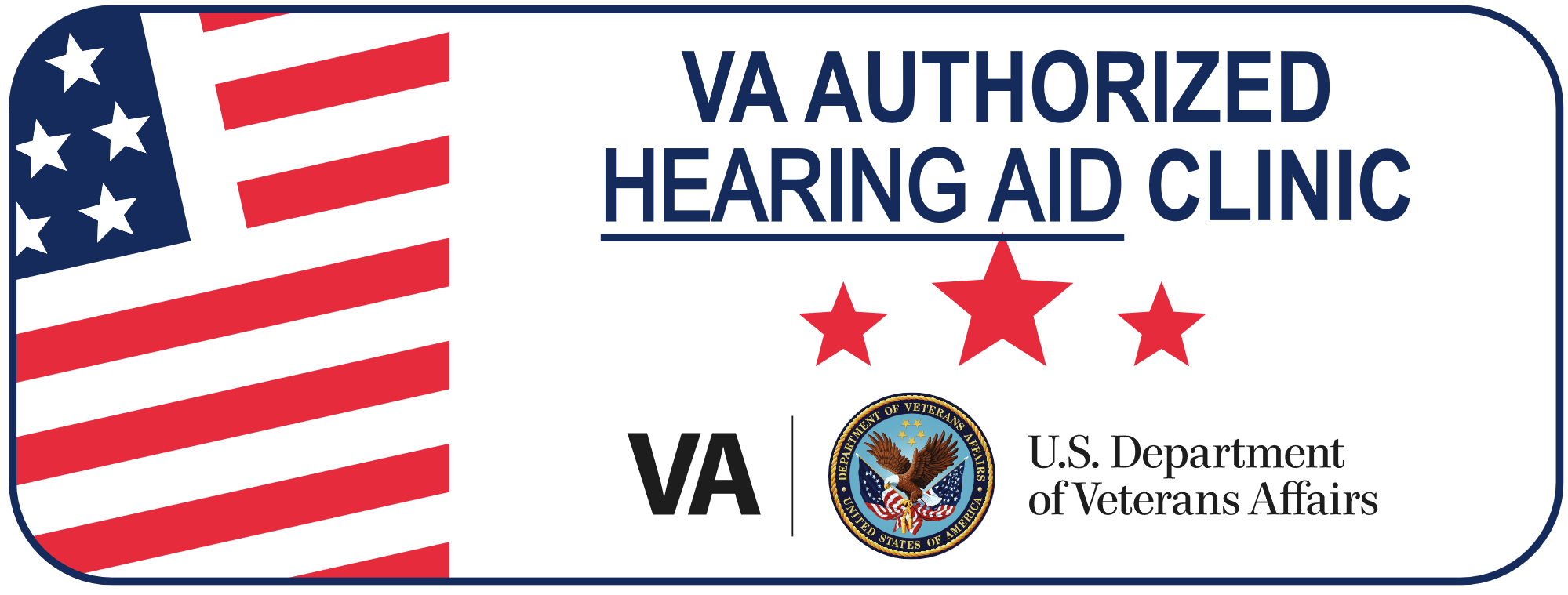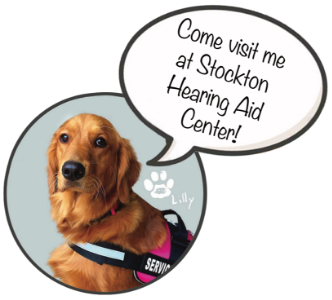Industrial Hearing Screening
Long-term exposure to loud noise can result in hearing damage, which is a serious and unfortunate outcome. Workers in various occupations who are repeatedly exposed to loud noise, including those in industrial settings, are at risk.
However, hearing damage caused by noise is preventable with appropriate precautions. Regular hearing tests can detect early signs of hearing loss, and everyday preventative measures like wearing earplugs can greatly reduce the risk of permanent hearing damage.
Organizations like the Occupational Safety and Health Administration (OSHA) have implemented rules and protocols for hearing conservation with the aim of standardizing hearing safety practices and reducing preventable hearing damage. Certain states and the Department of Defense have their own guidelines as well.
In general, OSHA mandates that workers exposed to a time-weighted average (TWA) of 85 dB be included in a hearing conservation program that includes regular hearing tests and employee training. Manufacturers in industrial settings are also required to report their evaluation results. The official hearing conservation standards can be found in OSHA CFR 29 1910.95 & MSHA Part 62.
Some companies prefer to handle hearing conservation requirements on their own, while others opt to hire a third-party hearing conservation company to conduct hearing evaluations, maintain records, and ensure compliance with safety standards and goals. Failing to test and report noise exposure levels and their impact on employees can lead to significant legal fees and federal fines for companies. It is therefore worthwhile to hire a professional or company to ensure complete compliance in the long run.
Hearing conservation companies typically have mobile hearing evaluation units that can travel to provide on-site hearing evaluation services. These units are typically staffed by a hearing specialist and/or an Occupational Hearing Conservationist (OHC), who is also known as an Industrial Audiometric Technician. OHC technicians are certified by the Council of Accreditation in Occupational Hearing Conservation (CAOHC) and work under the supervision of a hearing specialist or physician. They are trained specifically to conduct hearing conservation procedures, including pure-tone air conduction hearing testing, in occupational settings only. Their training is not applicable in non-occupational settings.
OHC Technicians are trained to identify early signs of hearing loss and to provide training to employees, including proper fitting and use of hearing protection devices. If hearing loss is suspected, the technician will refer the employee to a hearing specialist for further evaluation.
Some employees may require specialized hearing protection, which may involve customized solutions. Employers may also need to make modifications to the work environment to reduce noise levels.
However, OHC technicians are not qualified to evaluate the effectiveness of a hearing conservation program or to conduct noise surveys and analyses. For these purposes, a qualified professional should be hired to design a program that meets the specific needs of the company.
Regular hearing evaluations are crucial for maintaining a safe work environment for industrial employees. Each company should seek out hearing testing solutions that best fit their needs.




